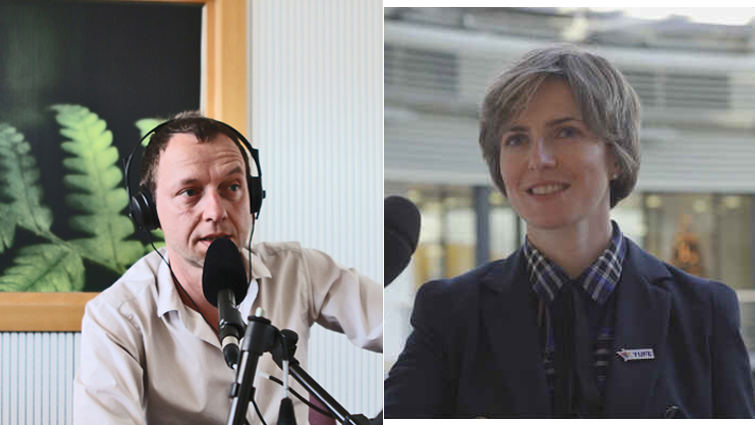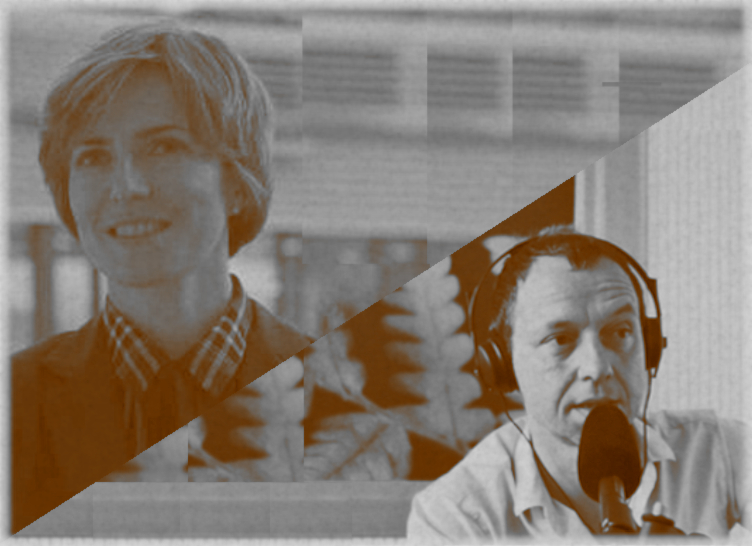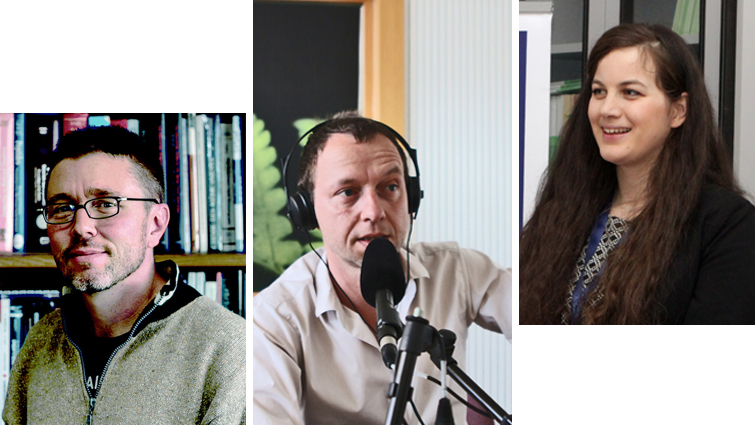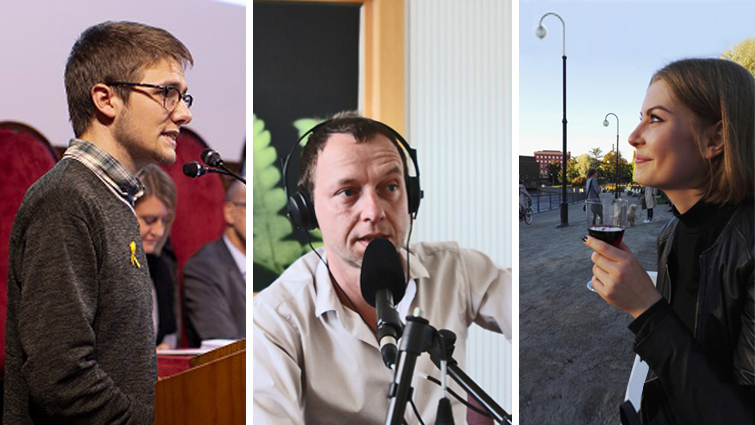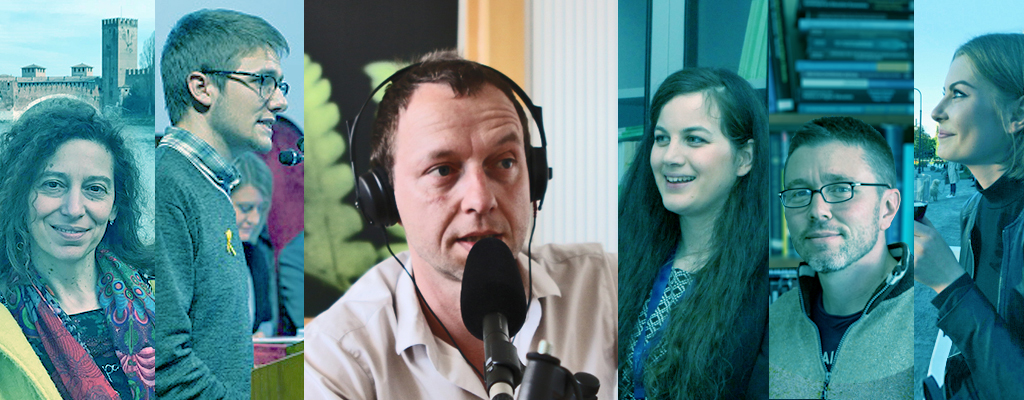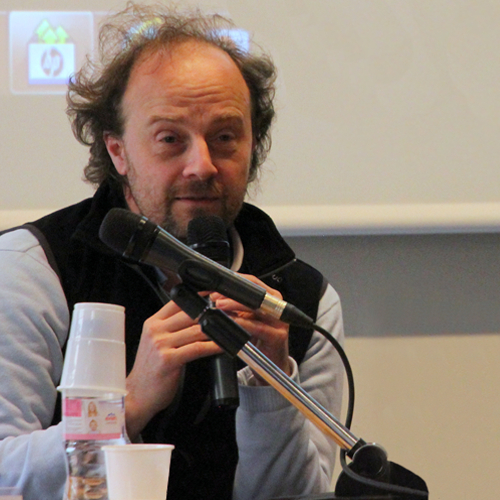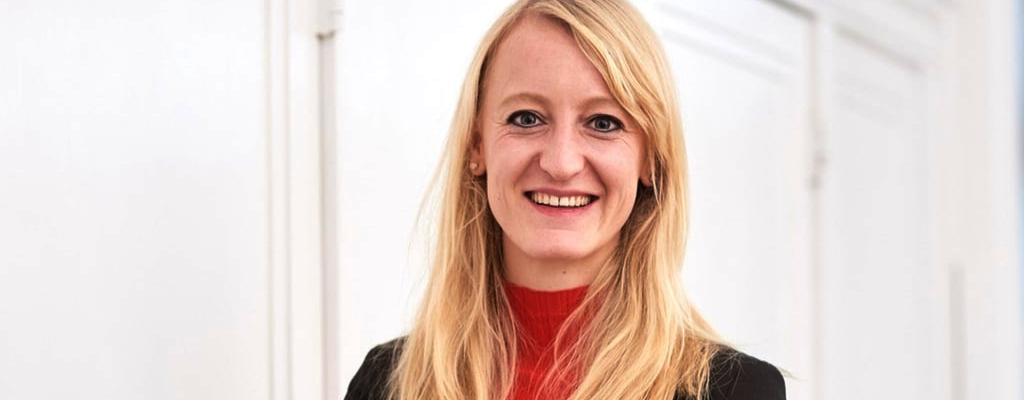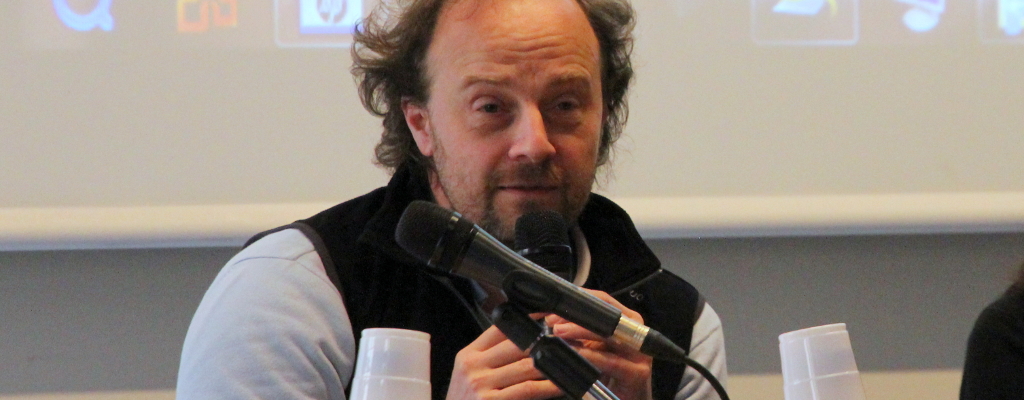
Today we have François Taddei, in Paris, on the line. Monsieur Taddei is an educator, a teacher, he has co-founded a research and learning centre in Paris called CRI, which holds an UNESCO chair for ‘learning science’. He was also a counselor for one of the new European university networks funded by the European Commission.
Monsieur Taddei, what are these networks or alliances about?
Universities are being challenged who used to have a sort of a monopoly on places of both construction of knowledge and sharing of knowledge. But today there are many other places where you can do either of these two things.
So the specificity of what a university is and what it should be, is challenged. And I think the European Universities Initiative is one that is inviting universities to rethink their mission, what role they can play for society, what added value they can offer to their students and to the researchers and to the society in general.
Is this initiative a continuation of the Bologna Process? Another push for more academic mobility?
It’s certainly part of it. But, you know, the same package includes also more money for Erasmus which is definitely to increase mobility. I think, this would not be enough, there could have been other ways of doing it.
These European Universities Initiative, is it more than a ‘universities based in Europe’ initiative? Is it just trying to get a few more ranks into the Shanghai Ranking or any other international ranking? Or is there something more substantial? There has been quite a lot of debate.
But I think that, what it could be, is the will to include other dimensions that are not typical of universities.
What makes this different from other EU higher education funding policies?
The discussion we are having is: Should we focus on the universities of the future or on the future of the university? Is it universities trying to think themselves (in) their own future, or should they prepare their students and the citizens for the future? – Which is somewhat different a perspective.
Those questions are very open and I like the fact that we are invited to open those questions. What I do know is that the applicants, even those who didn’t get the money, say that they were so pleased that there was such a call. The interesting part is that they are willing to experiment with different models. And that’s the most promising, because in a fast changing world if you don’t evolve you will be obsolete before you know it.
I understand, however, the EU call is all about buzz words like ‘internationalisation’ and ‘innovation’ – how can that ever lead to pedagogic experimentation or student participation?
There are gonna be 7 rounds for this call, and the first round was organised rather quickly as attempt to see what will come back. They were pleased to see that many universities were interested in going for this. Of course universities, by default, would like to be better funded and by default would be happy to be higher in the Shanghai ranking.
But the real question is, what universities are for? There is very little incentive to discuss these issues. The Shanghai ranking is very uni-model view of the world. It’s like when you take every human and rank them according to their ability to run a hundred meters, but not the thousand other dimensions of human life.
So of course by default some people say, ok, let’s do what the Americans are doing. We want to compete with the Americans, we want to compete with Singapur – But does Europe want to look like America or Asia – or does it want to invent its own model? And I think there is ever more people who are willing to engage in that conversation, certainly the students.
Was this the idea at the Sorbonne in 2017, when the French president Emanuel Macron first proposed to build university networks?
I don’t have first-hand information. The only thing I know is that he is someone who deeply believes in Europe. And who believes deeply in education. He didn’t have a very precise agenda, He is willing to prepare Europe for the future, and he believes that universities are the place where discussions can be happening.
Clearly Erasmus is one of the big successes of Europe. But how do you go beyond that academic tourism? And I think that he was clever enough to to over-prescribe, feeling that there was an interesting potential there. If he had over-prescribed it, he would have forbidden many possible dimensions of evolution. Whereas by inviting – and I think that’s what the European Commission is trying to do – by inviting universities to look for their own path, the conversation became much more interesting.
One of the dimensions I remember discussing with the Commission was, you know, more and more people are dissatisfied with Europe and dissatisfied with elites. And when Europe is investing in universities in an elitistic perspective, you are going to dissatisfy many people.
So the only way that there can be a gobal benefit is if those experiments are well documented, put in an open source mode, and where other universities and the rest of society are invited to take advantage in these experimentations. So, the EU Commission money is not so much, but if it is combined with the national level, then we can hope that there is an impact that is a systemic impact.
The first 17 university networks have been chosen in July 2019, the second call will be published in October. Are there new developments? What is the kind of project that has the chance to be successful in the future?
I didn’t have time to go to their last meeting. But one of my colleagues went there. He was very pleased abot the discussion that was happening there. What was discussed then – rather than ask the people to do the impossible, make sure that you become good in 100 dimensions at once – was to say, pick one or two dimensions where you really think that your consortia can make a difference, and can make real experiments, and can prototype something that could be truely useful. Then make sure that, whatever your prototype is available to everyone else by documenting it and making it in a sort of open-source way.
This way there might be a hundred different ways of approaching the question, but all of them would be available. And rather than enforcing one model only, we would offer tens of experiments to universities that would be willing to take the challenge because it’s closer to their specificities and local environment.
So, let’s see the new ideas that university networks will come up with in the next years. Thank you, Monsieur Taddei, for talking with us today.
Tino Brömme spoke with François Taddei via Skype on August 28, 2019 © ESNA 2019
